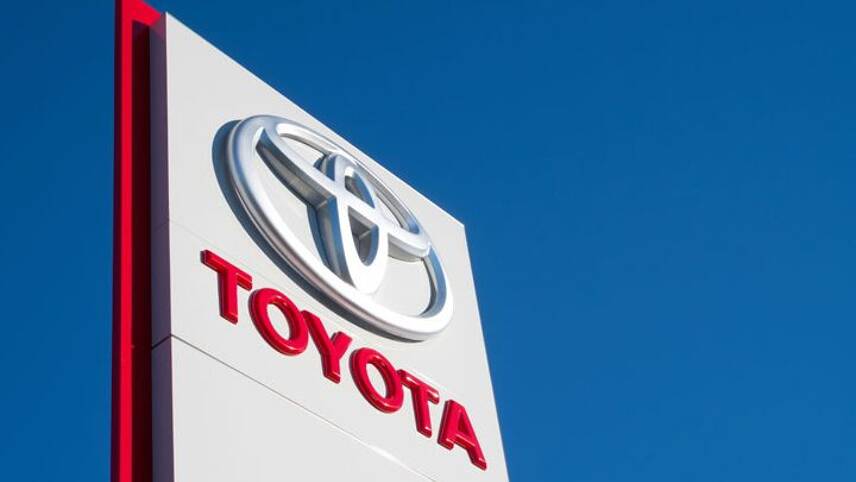Register for free and continue reading
Join our growing army of changemakers and get unlimited access to our premium content

The company also noted the necessity of working with governments and other sectors to unlock ways to accelerate the rollout of EVs
The carmaker issued a statement on Monday (19 April) to reiterate its support for the Paris Agreement, and stated it would “continue to do its utmost to take on the challenge of achieving carbon neutrality by 2050”.
As part of the 2050 vision, Toyota has confirmed it will review its approach to policy engagement and will examine the industry associations it is involved with to ensure they align to the carmaker’s decarbonisation target.
Specifically, Toyota will “review public policy engagement activities through [it’s] company and industry associations to confirm they are consistent with the long-term goals of the Paris Agreement, and disclose assessment and actions by the end of this year”.
Toyota will offer a range of electric vehicles (EVs) as part of the commitment, having sold more than 17 million hybrid variants since 1997. EV offers will range based on regional energy policies and customer needs.
The company also noted the necessity of working with governments and other sectors to unlock ways to accelerate the rollout of EVs.
The inclusion of trade associations in the target is welcome. Toyota was the lowest-scoring carmaker on InfluenceMap’s scorecard for policy engagement against Paris-aligned benchmarks.
InfluenceMap points to a history of lobbying against fuel standards in the US and pushing back against the UK’s more ambitious phaseout dates for the sale of new petrol and diesel vehicles.
“Toyota’s carbon neutrality statement, and in particular its pledge on policy engagement, sends a powerful message to both corporate Japan and the global automotive sector,” Dylan Tanner, executive director of InfluenceMap, said. “Clearly the proof will be in the details which InfluenceMap looks forward to assessing when available as part of our remit looking at corporate climate policy engagement.
“Ultimately, real reform of climate-related policy positions and engagement by Toyota and its powerful industry associations will be needed to enable governments to act on climate. This is something that can and should begin immediately and does not need to wait for the company’s review.”
More broadly, two-thirds of the world’s largest carmakers have not set EV and emissions targets in line with the Paris Agreement’s less ambitious trajectory – and the auto sector is failing to deliver on human rights commitments, as well, according to the World Benchmarking Alliance (WBA).
Matt Mace


Please login or Register to leave a comment.